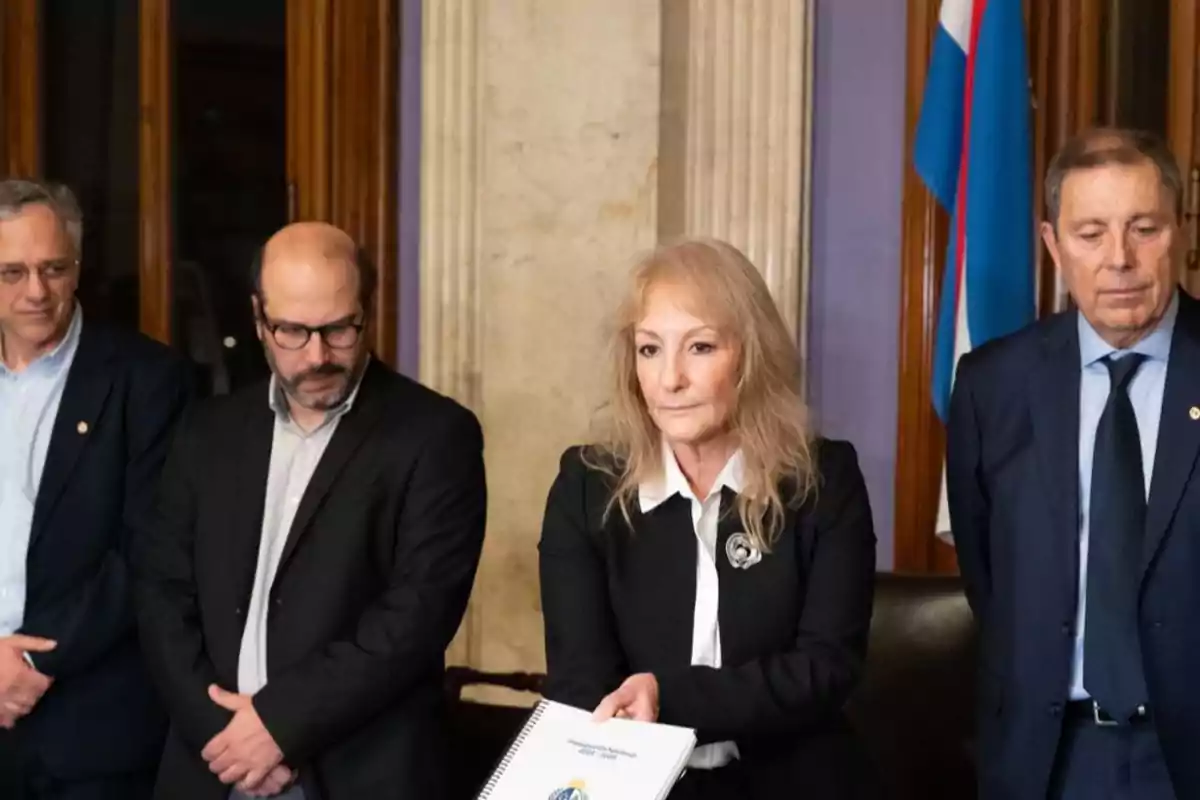
State Funds: The Disappearance of Banking Secrecy.
Property and freedom fade in the light of the State
Recently, the public became aware of one of the articles in the budget bill submitted to parliament, which lifts banking secrecy for the DGI in the context of its investigations and audits, without the need for a court order. The difference from the current regime is that, until now, prior judicial intervention was mandatory, provided there were indications of tax evasion, a requirement that the new article doesn't mention.
It must be stated that the proposed article is unconstitutional, since it infringes on the right to privacy, enshrined in articles 72 and 332 of the Constitution. The aforementioned right, as Professor Benegas Lynch has noted, "… constitutes an extension of the right to property. In an open society, the basic purpose of safeguarding this sacred right is mainly directed against governments." Therefore, it is an essential right that is simply and plainly violated by the article sent by the executive branch.
You may also be interested in...
Unfortunately, those who are accustomed to defending anything in these matters, simply because the proposal comes from their political party, without pausing for reflection, argue that those of us who raise our voices against these abuses do so because "we have something to hide," or they tell us, "if you're not doing anything wrong, you have nothing to worry about," and other such nonsense. If that is the criterion, then let's give the monopoly on force the password to our Wi-Fi, free access to our email, cell phone, and our homes without the need for a prior court order.

This has nothing to do with defending tax evaders. The state has no reason to know how I spend my money, what I eat, what I drink, or what medications I purchase if I am ill. Defending freedom and property is an ethical imperative.
Once again, we are witnessing the advance of a runaway Leviathan, desperate to collect revenue by any means necessary, to finance the obscene public spending to which we are subjected. Further evidence of this is the recent statement by Representative Ana Olivera, who claimed, "The spending cap is being eliminated because, given our objectives, it's not a bad word," without realizing that every additional peso of spending is an attack on the poorest whom she claims to protect, since it consumes capital and thereby punishes investment. It's always easier with someone else's money.
You may also be interested in...
But the proposed regulation is not only unconstitutional for violating the right to privacy, but also for infringing upon due process and the presumption of innocence, recognized in article 12 of the Constitution. Until now, the lifting of banking and tax secrecy was contemplated for situations of well-founded suspicion of tax evasion, with prior judicial authorization. Now, every resident is directly placed in the dock, simply for being required to pay obscene, quasi-confiscatory taxes.
This is yet another form of theft to which we have become accustomed. It is theft of our privacy. Juan Bautista Alberdi said, "The private thief is the weakest of the enemies that property recognizes. It can be attacked by the State in the name of public utility." And that is our situation. As the Argentine constitutionalist also maintained: "We have ceased to be machines of the Spanish treasury, only to become machines of the national treasury; that is the whole difference."
This type of proposed institutional framework is a disincentive to investment. Later, there is surprise and outrage at the existence of tax havens, but these exist because, simultaneously, there are tax hells. The thief (the State) destroys its own source of subsistence by eliminating the source of its supply.
You may also be interested in...
Thomas Jefferson's warning is increasingly relevant more than three hundred years later: "The cost of Liberty is its eternal vigilance."
More posts: